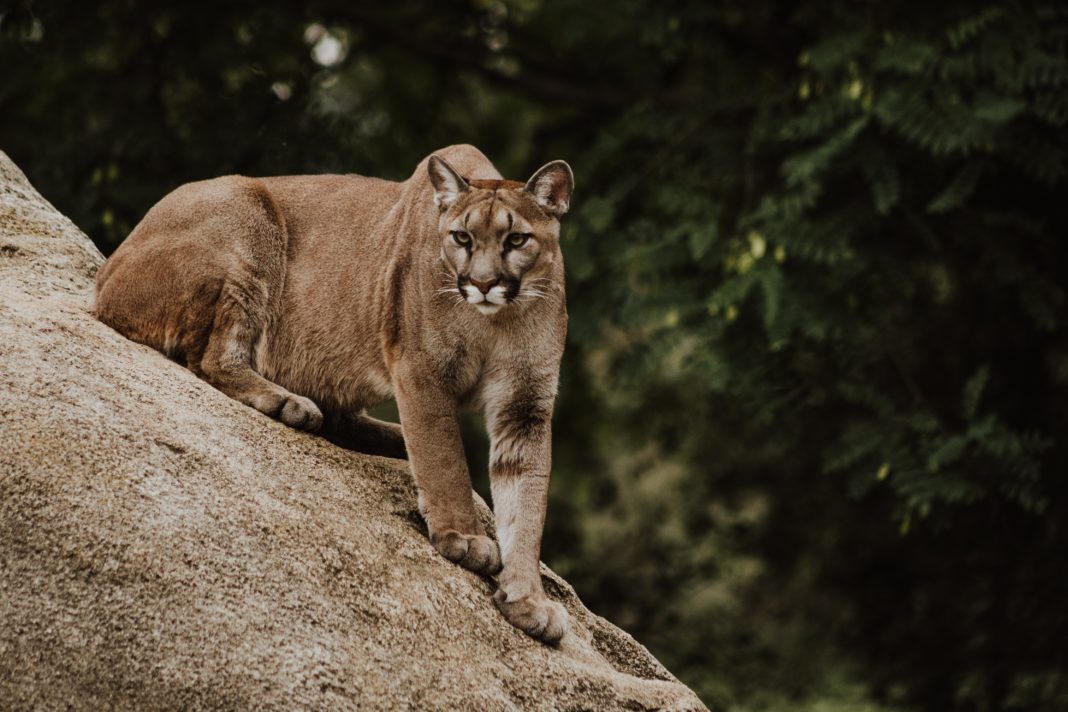SANTA MONICA—Scientists may know the cause of death for a three-month-old mountain lion that passed away on March 21, in the Santa Monica Mountains. The results of the necropsy report was announced on Tuesday, April 30, and indicated the cause of death for the mountain lion may be the result of rat poison.
The report shows that P-47 had six different compounds of rodenticide in his system. A test of his liver revealed that the animal had anticoagulant rodenticide, brodifacoum, bromadiolone, chlorophacinone, difethialone, diphacinone, and difenacoum in his system. Another necropsy performed by the California Animal Health and Food Safety Lab discovered that the mountain lion suffered from internal hemorrhaging in his head and lungs but, the exact cause of death is still inconclusive.
While the cause of the young mountain lion’s death remains inconclusive, researchers speculate that the cause may have been due to secondary or tertiary poisoning. This type of poisoning works its way up the food chain in animals. Smaller animals consume poison, then a larger animal consumes the smaller animal that ate the poison, and so forth. It is possible that P-47 consumed a smaller animal that was exposed to rodenticides.
Seth Riley, who is a wildlife ecologist for the Santa Monica Mountains National Recreation Area said in a press release, “It’s unfortunate to see an otherwise healthy mountain lion lost from what appears to be human causes. In P-47’s case, it’s also a big loss because we don’t believe he had yet mated and passed along his genes, which would have been valuable since he had ancestry from north of the Santa Monicas.”
P-47 was found deceased after his GPS collar sent out a mortality signal to biologists. He was the only known offspring to P-45, a mountain lion who gained recognition for killing multiple alpacas in one weekend. Both P-47 and his father P-45 were among the largest mountain lions in the history of the NPS study.
Researchers for the National Park Service discovered the presence of rat poison compounds in 21 out of 22 local mountain lions that they have tested including a three-month-old kitten.
Last year multiple local organizations launched #BreakThePoisonChain, which is an educational campaign to raise awareness about the negative impact of rodenticides. It encourages locals to use alternative methods for rodent control.






